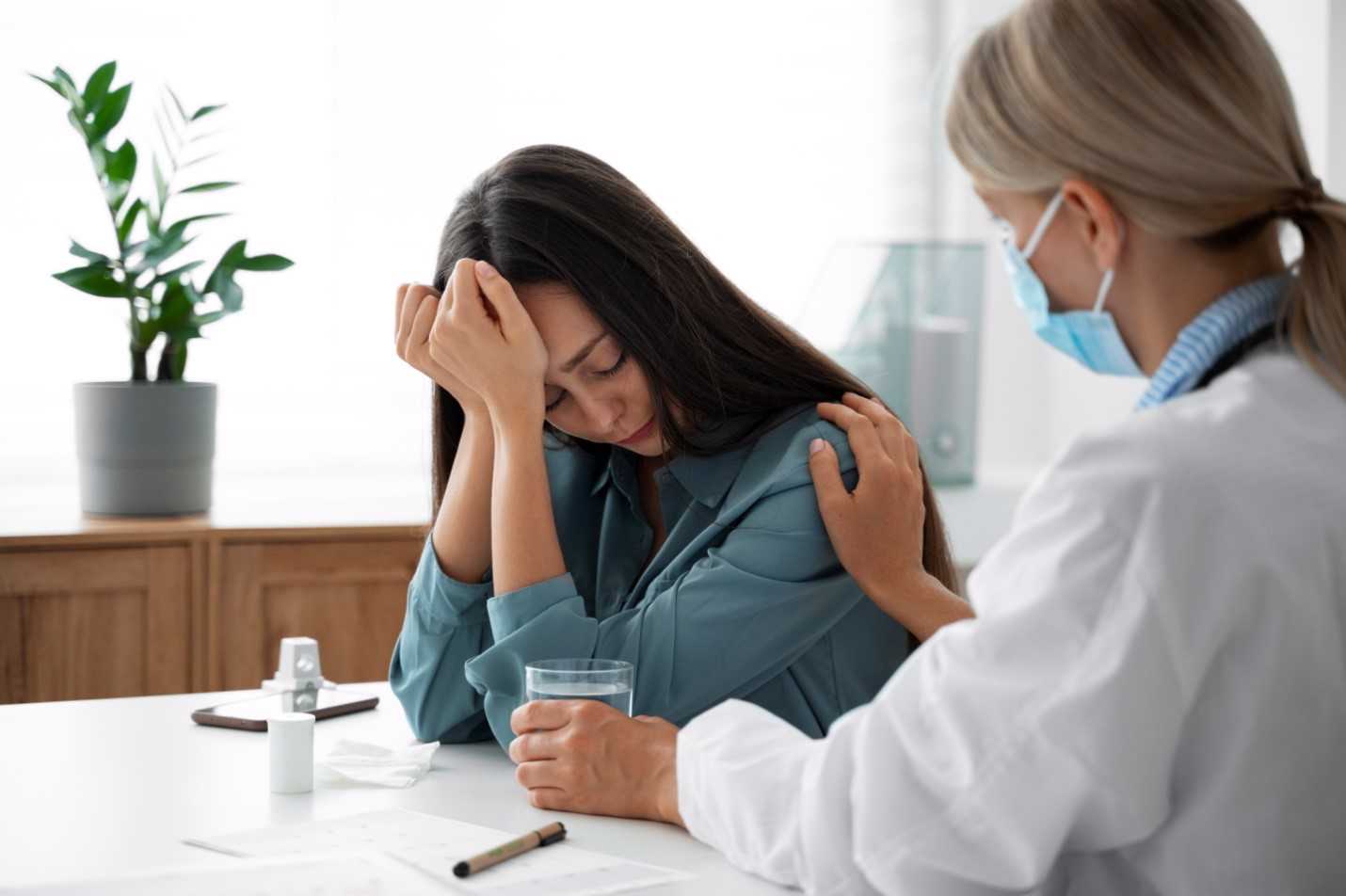Hormonal balance is crucial for a woman’s overall health, influencing everything from reproductive function to mood regulation. Female Hormone disorders can disrupt this balance, leading to various symptoms and health issues. Understanding these disorders can empower women to seek appropriate medical advice and treatment.
Common Hormone Disorders
Polycystic Ovary Syndrome (PCOS)
PCOS is one of the most prevalent hormonal disorders affecting women of reproductive age. It is characterized by irregular menstrual cycles, excessive hair growth (hirsutism), acne, and weight gain. Women with PCOS may have higher levels of androgens (male hormones), leading to the formation of cysts in the ovaries. Long-term effects include insulin resistance, which can increase the risk of type 2 diabetes and heart disease.
Hypothyroidism
Hypothyroidism occurs when the thyroid gland does not produce enough thyroid hormones. Symptoms include fatigue, weight gain, depression, and sensitivity to cold. Women are more likely to develop this condition, especially after childbirth or during menopause. Treatment typically involves hormone replacement therapy to restore normal hormone levels.
Hyperthyroidism
Conversely, hyperthyroidism is when the thyroid gland is overactive, producing excess thyroid hormones. Symptoms may include weight loss, increased heart rate, anxiety, and heat intolerance. Conditions such as Graves’ disease can cause hyperthyroidism. Treatment options include medication, radioactive iodine, or surgery, depending on the severity of the condition.
Estrogen Dominance
Estrogen dominance occurs when there is too much estrogen relative to progesterone in a woman’s body. This imbalance can lead to symptoms like bloating, mood swings, irregular menstrual cycles, and breast tenderness. Factors contributing to estrogen dominance include obesity, stress, and exposure to xenoestrogens (environmental estrogens found in plastics and personal care products). Lifestyle changes, including diet and exercise, and medical treatments can help restore hormonal balance.
Menopause
Menopause is a natural biological process marking the end of a woman’s reproductive years, typically occurring between ages 45 and 55. It results from a decrease in estrogen and progesterone production, leading to symptoms such as hot flashes, night sweats, mood changes, and vaginal dryness. Hormone replacement therapy (HRT) can alleviate these symptoms, but it’s essential to discuss the benefits and risks with a healthcare provider.
Diagnosis and Treatment
Diagnosing hormone disorders usually involves a combination of medical history, physical examinations, blood tests to measure hormone levels, and imaging studies if necessary. Treatment options vary depending on the specific disorder and may include:
Lifestyle Changes: Regular exercise, a balanced diet, and stress management techniques can help improve hormonal balance.
Medications: Hormonal contraceptives can regulate menstrual cycles and alleviate symptoms in conditions like PCOS and endometriosis. Thyroid medications can treat hypothyroidism or hyperthyroidism.
Hormone Replacement Therapy (HRT): HRT is often prescribed for women experiencing severe menopausal symptoms or hormonal imbalances.
Surgery: In some cases, surgical intervention may be necessary, such as removing ovarian cysts or correcting structural abnormalities in the reproductive system.
Conclusion
Female hormone disorders can significantly impact a woman’s quality of life. Recognizing the symptoms and understanding the underlying conditions can lead to timely diagnosis and effective treatment. Women experiencing hormonal imbalances should consult healthcare professionals for personalized care and management options. With the right support, it is possible to restore hormonal balance and improve overall health and well-being.
